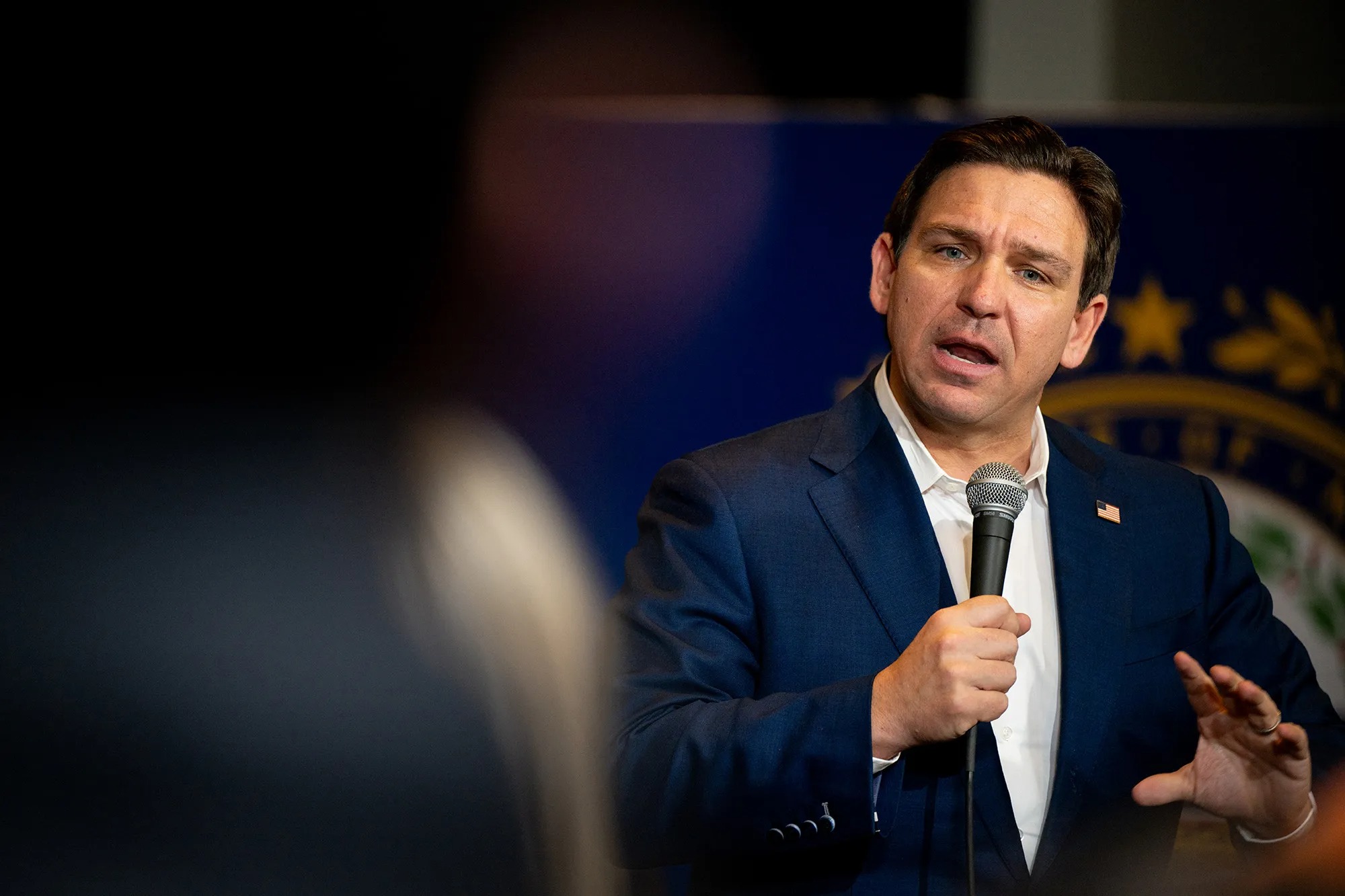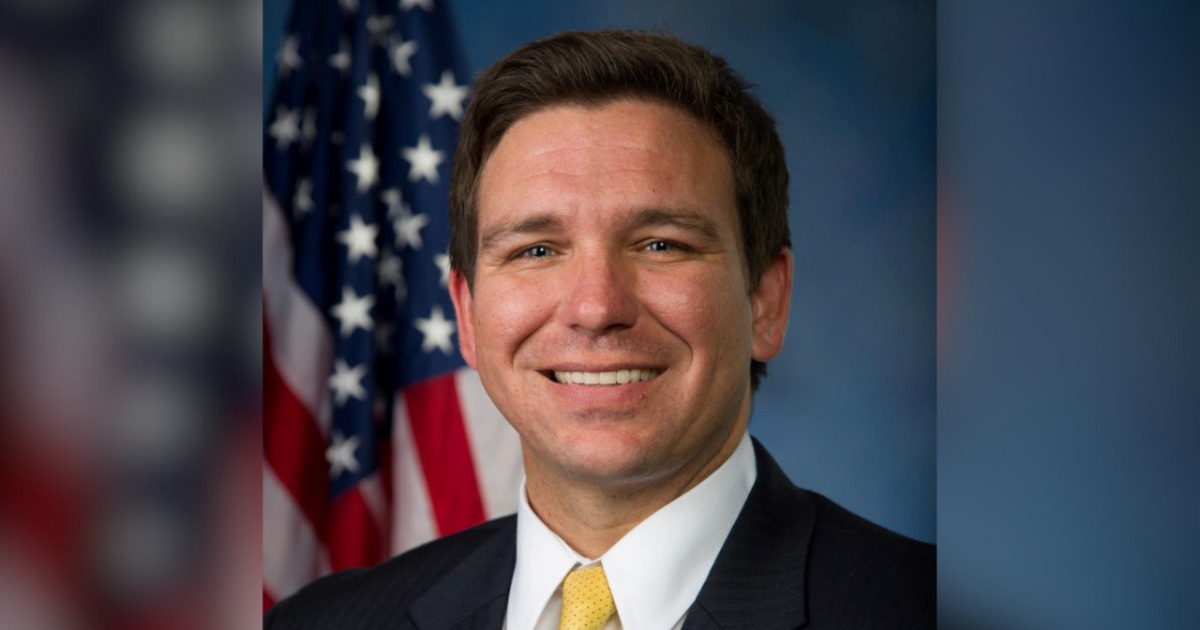Governor Ron DeSantis recently signed into law HB 433, a measure that impacts Florida’s labor regulations. This law prohibits cities and counties in the state from mandating certain protections for outdoor workers, including requirements for water breaks and other cooling measures.
It also strips local governments of their authority to enforce higher wage standards for contractors and prevents them from using wage incentives in awarding bids.
Additionally, the law prevents cities and counties from mandating employers to provide advance work schedules to their employees. Scheduled to take effect on July 1, this legislation has sparked debates and mixed reactions from various stakeholders.

The political divide over HB 433 was evident in the voting process, with Republicans largely supporting the bill and Democrats opposing it. However, there were visible exceptions within the Republican ranks, as a few GOP lawmakers voted against the measure.
Senators Alexis Calatayud, Ileana Garcia, Ed Hooper, Ana Maria Rodriguez, Representatives Mike Beltran, Linda Chaney, Vicki Lopez, and James Mooney were among those who broke ranks with their party to oppose the bill.
In explaining his dissent, Representative Beltran cited the removal of heat protections as a key factor influencing his vote. He also highlighted the unique climate variations across Florida and the diverse nature of economic activities in different regions, suggesting that local regulations might be more appropriate than broader state mandates in addressing these nuances.

Support for HB 433 came primarily from business groups, which argued that the law simplifies regulations for small businesses. Bill Herrle, the National Federation of Independent Business Florida state director, emphasized the challenges small business owners face in finding a patchwork of local regulations that can be burdensome and costly to comply with.
He noted that larger corporations have the resources to manage compliance across various jurisdictions but that small businesses often struggle with these complications.
On the opposing side, unions and worker advocates strongly criticized the law, urging Governor DeSantis to veto it. They argue that HB 433 undermines worker safety and rights by restricting the local government’s ability to implement necessary protections for outdoor workers.
Concerns have been raised about the potential negative impact on vulnerable workers, especially in industries where exposure to heat and other hazardous conditions is prevalent. The signing of HB 433 into law reflects broader debates around the balance between business interests and labor protections.
Supporters view it as a step towards regulatory consistency and reduced business compliance burdens, while opponents see it as a setback for worker safety and rights, particularly in challenging working environments. As it comes into force, various stakeholders will closely monitor and scrutinize the implementation and effects of this law.

